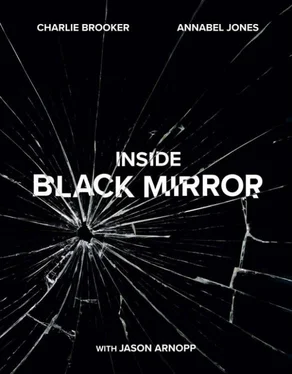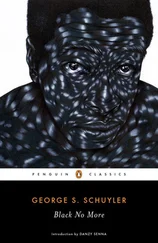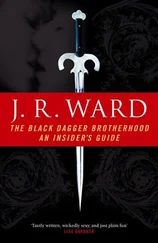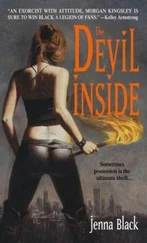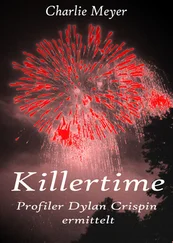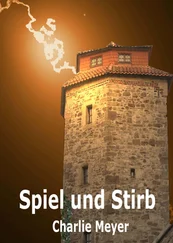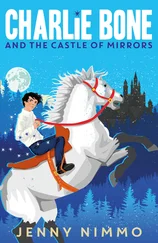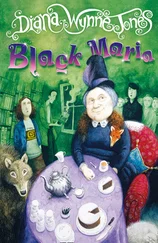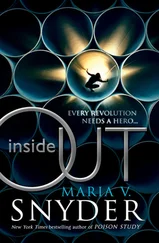So I wanted to write a story which used that as a central image. And I thought the way to do that was a high-tech zombie movie, so I wrote a script where literally it was that. The story started in a newsroom. A signal was making this symbol appear on screens around the world. When people saw this symbol, 90 per cent of them turned into dumb voyeurs who were filming things, and the remaining percentage just went mad and started attacking the others. It was never explained where this had been coming from, but it was a bit of a rip-off of the end of [Hammer Film Productions’ 1967 sci-fi horror movie] Quatermass and the Pit . Anyway, it didn’t really make sense and would’ve been incredibly expensive.
Annabel Jones:Maybe because we’d done Dead Set , we didn’t want White Bear to be the generic zombie story. There was also the sense that society was changing a little, when you’d hear of various crimes or assaults and people would be taking their phones out to film them. There was that awful story about the group of kids on the South Bank in London, who kicked some guy to death and filmed it. So our story had become more about voyeurism.
The imagery and themes of White Bear felt very prescient at the time – phone cameras up, people rubbernecking, the idea we’re all citizen journalists now so can absolve ourselves of any responsibility or emotional engagement.
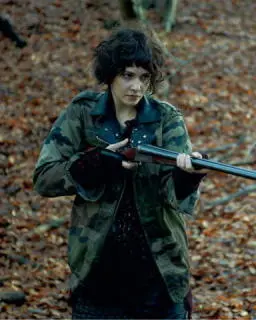
Charlie Brooker:The next version of the script had an opening I really liked, with someone describing to their psychiatrist how they’ve been getting violent impulses and vivid dreams. The psychiatrist asks them to draw a symbol they keep seeing in their sleep, and they draw this glyph, the symbol that we would ultimately use in White Bear . The patient goes away, then of course the psychiatrist goes across the room, opens a drawer… and there are these identical sketches by loads of other patients. The psychiatrist shuts the drawer with a very worried look on her face and I thought it was a great opening.
I was trying to concoct a story about this weird conspiracy, and this strange signal that’s been buried somewhere in TV broadcasts since the changeover from SD to HD. As a result, society’s gradually becoming more selfish. This second version went a bit more [the 1973 film] The Wicker Man , with people filming real public crucifixions and executions. Some of the characters that ended up in White Bear were in it, such as Michael Smiley’s character Baxter. It was still a bit like a zombie thriller, and that was what we were going to film. We’d spoken to the director Carl Tibbetts and outlined the idea. I was going to redraft the script so it made more sense and Carl liked how chilling the central image was, of someone being pursued while everyone just watches and enjoys it. And then we started to scout for locations, and everything changed.
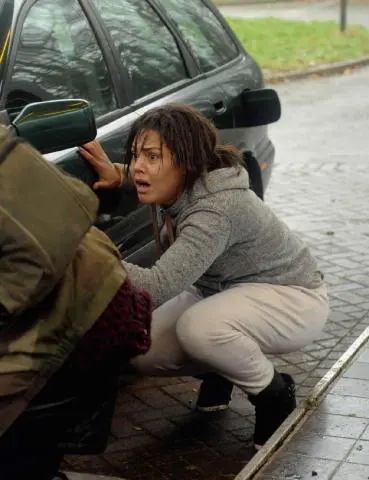
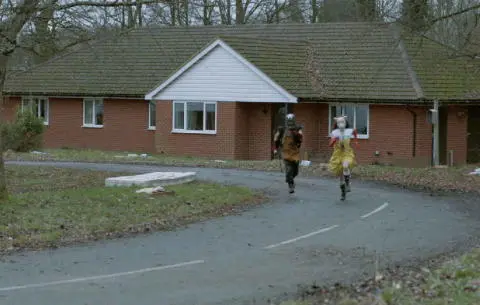
Carl Tibbetts (director): Black Mirror came to me because White Bear was going to be a contained thriller, much like a film I’d co-written and directed called Retreat . I seem to remember Charlie being influenced by that footage of Colonel Gaddafi being dragged through the streets and how quickly that had gone viral. So I got the job on that script, but then the second meeting I had, they were like, “Forget that! We’re doing this.”
Barney Reisz (producer): White Bear was built from the bottom up, out of necessity. We’d spent so long getting The Waldo Moment ready and Be Right Back wasn’t cheap, so we had little money left. So I told Charlie we had to shoot all of White Bear within our base, which was these military barracks at RAF Daws Hill. That was incredibly liberating. Charlie’s brilliant when he’s under pressure. Put him under pressure and he’ll always deliver.
Charlie Brooker:This former US airbase had an abandoned housing estate on it. So we had all these houses we could film in, things that looked like shops, and a thing that looked like a garage. But then, as the location manager showed us around, a giant chicken-wire fence around the whole place got me thinking. For weeks, I’d known there was something not quite right with the script, but I couldn’t quite see how to fix the thing. It’s like being a chiropractor, when you know if you just crack it in the right place…
Suddenly I thought, “Hang on a minute, what if there is a fence around the place because it’s all not really happening ? That’s even better!” I suddenly got really excited and it gave me a much better idea.
The story became that Victoria, the person we’re following, thinks this is really happening. I’d already had the elements of the weird conspiracy story they were going to tell her, but now I had both sides. The conversation very quickly turned to why somebody might be in a camp like this. I said that if they brought Jimmy Savile back to life, people would willingly go and watch this happen to him. Or Myra Hindley; someone who’s done a terrible, terrible thing. And then you turn it into a business, which gives me the Wicker Man story that I wanted to do about the person whose discomfort is being enjoyed by the population as a whole.
White Bear is a good example of how sometimes a limitation or a problem actually provides you with a solution. But also I find it somewhat terrifying, because I quite often like to suddenly change the entire premise at the last minute, if the new premise is better. It’s quite Darwinian, but it can be a bit destabilising.
I had to write the new script in a frenzy, because we were already in pre-production. Luckily, I was excited. And as soon as you know what the ending is, and you’ve got enough answers for the awkward questions that are going to pop up along the way, you’re eager to get there.
Joel Collins (series production designer):Within a week or so, the White Bear script came through. Somebody asked how he’d managed to find every single location so perfectly, but Charlie had triangulated the entire idea over everything we’d seen. It was one of the cleverest bits of writing I’ve ever experienced.
Charlie Brooker:At first, I made Victoria innocent, but that was too complicated because we were trying to tell you two different things at once. It seemed much more powerful to have her be guilty without realising. Lenora Crichlow had already been cast as Victoria and read the previous script, so that’s quite a thing to hit someone with: “Oh, so now you’re a child murderer. Sorry about that.”
To Carl’s credit, when he heard the new story, he embraced it and had lots of ideas about how the White Bear people should guide Victoria through the theme park. He suggested details, like the shoes, that I would not have thought of. And that gave me things to do in the final scenes, when they’re resetting all these little visual cues. They’re putting the shoes down, they’re pulling the patio doors open slightly. They’re putting the trail of bread crumbs back down, which is chilling.
‘Oh my God, what’s wrong with those people? Why aren’t they helping us? They’re just watching’
– Victoria
Carl Tibbetts:Even at that stage, Black Mirror wasn’t hard to cast. People like Michael Smiley loved being in the show. They knew they were only making a short commitment to something. Even if the script wasn’t all there yet, there was a great concept to get people involved and interested. Michael plays his role brilliantly. There are occasions where all the casting pieces fall together and that was one of them.
Читать дальше
